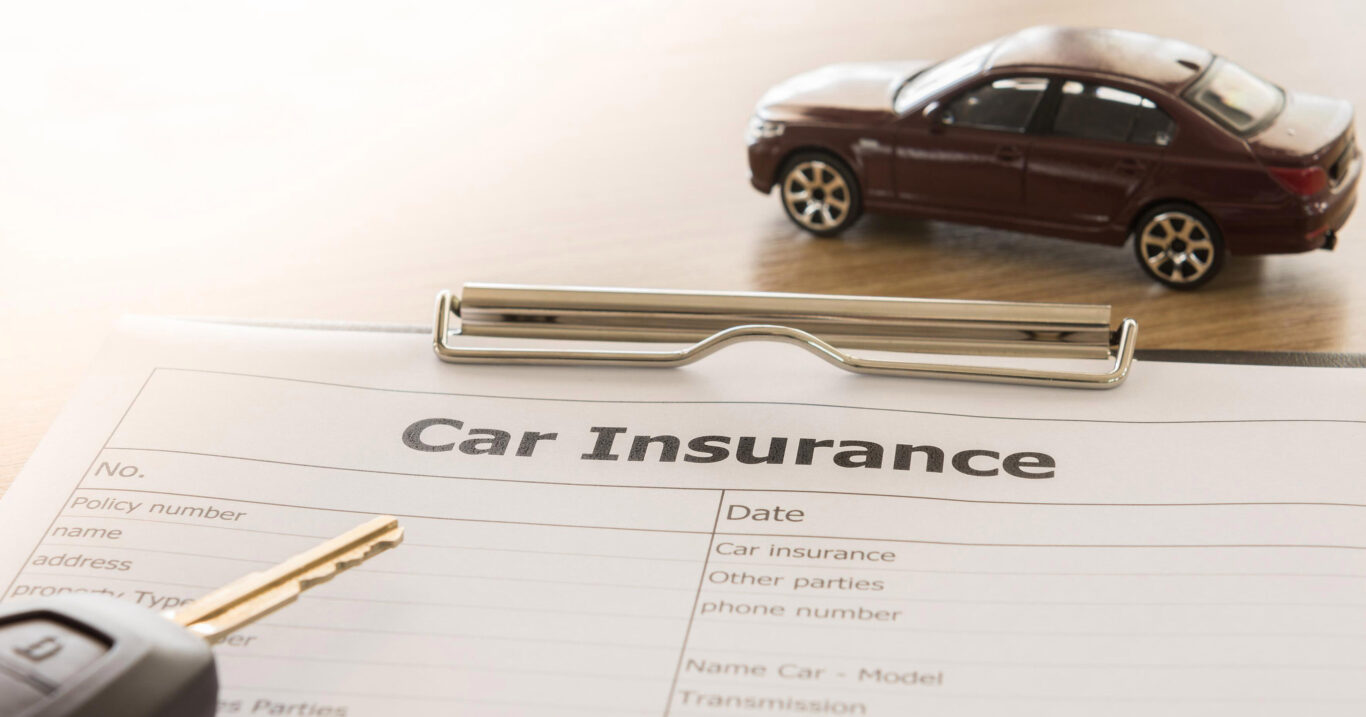
Will an Insurance Claim Raise My Premium?
In the event of a major collision or serious damage, auto insurance can be extremely helpful. However, it’s not always a good idea to make a claim. Read more below.
Auto insurance claims are complicated business – not every plan is the same, no two situations are identical, and every claim is unique. Certain types of claims will significantly change your insurance premiums, while others will barely have any effect at all.
Here’s a brief overview of how different types of claims may impact your premiums.
General Claims/Own Damage Claim
This type of claim does not involve a collision. As long as you aren’t at fault, situations like theft, fire, broken windows, or vandalism typically will not affect your insurance premiums.
That being said, if your insurer feels you are making too many of these claims, they have the option to increase your deductible or even terminate certain types of coverage from your policy. Be careful with how many general claims you make – it may be worth paying out of pocket for certain types of repair.
Collision Claims
Collision claims may have a significant impact on your rates. Whether or not you’re at fault is the primary factor in determining how your premiums will change in response to a claim.
The government has created a set of guidelines that your insurer must follow in determining whether or not you’re at fault. It is your insurer that decides if you are at fault for a collision, not the police. Even if the police choose not to lay charges on any party and determine that no party deserves the blame, your insurer’s finding is the one that will impact your policy.
There are numerous categories of claims and factors that will influence how you are perceived by your insurer. Here are a few of the factors that your insurer will consider when adjusting your rates.
You Are Not At Fault
Your rates should not increase if you make a claim when you are clearly not at fault. If you are stopped at a red light and are rear ended, you are almost definitely not at fault and you should not see your rates increase.
You Are At Fault
An at-fault claim will be recorded on your insurance record and will increase your premiums. Your rates might not go up immediately, but you will likely see them increase when you renew. If your premiums go up substantially, it may be worth shopping around with other providers.
Clean Driving Record?
Most insurers define a clean driving record as six consecutive years without claims and zero driving-related convictions. If you are found to be at fault in a collision, a clean driving record may protect you from rate increases. Insurers want to keep good drivers as customers, so they are motivated to keep you around if you have a clean driving record.
Second Collision
A second at-fault collision within 5 years of the first will seriously increase your rates. After a collision, be extra vigilant in avoiding another, as the second will move you into a higher risk category in the eyes of your insurer.
Subsequent At-Fault Collisions or Convictions
Additional collisions or driving related convictions will define you as a high risk driver, and you may be forced to use a special insurance provider. If you find yourself in this situation, your insurance will be expensive and you could find your self questioning whether or not it’s worth it to keep the vehicle. Bundling your auto and home insurance or installing safety devices in your vehicle could be ways to reduce your premiums.
Someone Else Crashes Your Car
Your insurance is attached to your vehicle, not to your person. If a friend or family member has an at-fault crash in your vehicle, the resulting claim ends up on your insurance record and will affect your premium. Be aware if your policy has provisions for other drivers and be selective in who drives your car, or you may end up with significant out-of-pocket expense.
Accident Forgiveness Insurance
Some insurers offer this as an add-on option to your policy to help you offset premium increases for an at-fault crash. Consider this option if you worry about premium increases for at-fault collisions.
At the End of the Day
In a perfect world, the answer is to avoid collisions and never make a claim. Unfortunately, this isn’t realistic. The best thing you can do is drive carefully, understand your policy, and think critically about whether or not to make a claim.
Many people don’t realize that things like small collision repair and bumper repair can be done out-of-pocket without involving your insurer, and may even cost less than your deductible. If your deductible is $400 and a handy local small collision repair shop like Island Color will fix your bumper for $350 without having any deleterious effect on your premiums, it is obviously the superior choice to making a claim. Read about Island Color’s small collision service and bumper repair service by clicking here and here.
Independent shops like Island Color can help you avoid insurance rate hikes and also help you maintain a clean driving record. Don’t let a minor collision or a bumper scuff interfere with your clean driving record. Get in touch with Island Color right here.